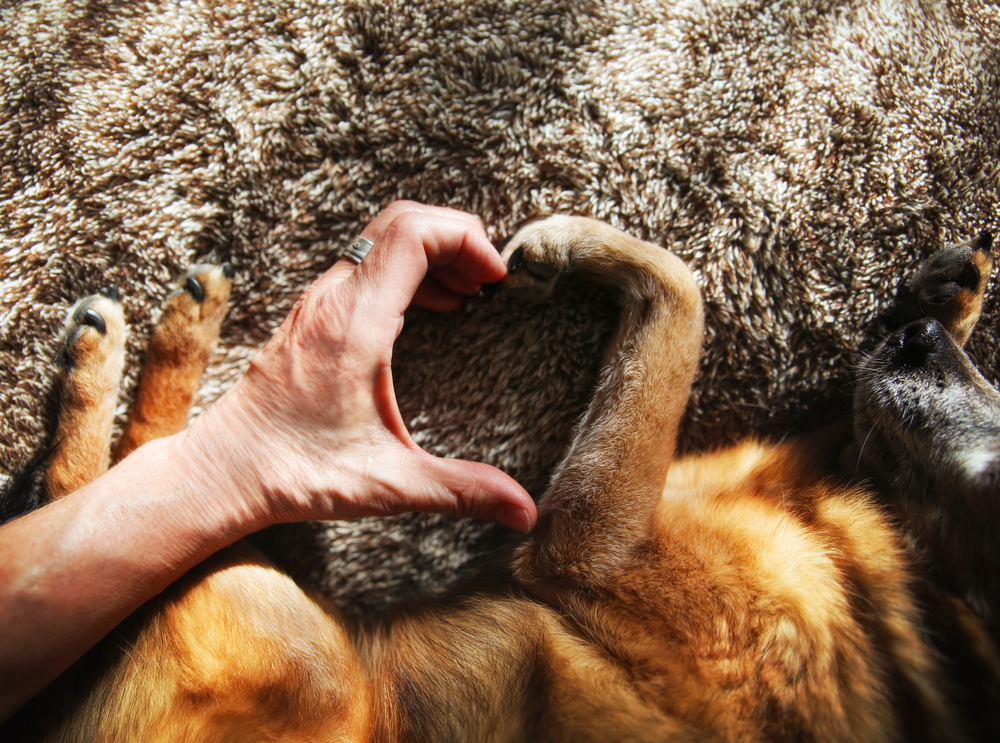Nicole Holt, research assistant to Dr. Liz Spruin, has been exploring the use of dogs for rehabilitation and wellbeing, and the benefits that ‘comfort dogs’ can provide
In America, a new role for dogs has been created called “comfort dogs”. These dogs and their handlers regularly go out into the community and interact with people at churches, schools, nursing homes, hospitals, and various social events throughout the community. The label “comfort dog” was suggested by the Lutheran Church Charities organization in Northbrook, Illinois, going on to write that ‘[comfort dogs] share the mercy and compassion of Jesus Christ with…people’.
While compassionate engagement with the community is commendable, some have argued that this work focuses on vulnerable individuals, particularly when the same individuals might be asked for financial donations. There is a wider issue about the safety and welfare of the dogs involved, but so far no substantiated reports of (mis)treatment have emerged.
However, though it is important to note criticisms of the scheme, we should also consider some of the benefits. For instance, these dogs are also used all around the United States to help people in disaster response situations. One also has to applaud the creative use of such animals, as dogs can be a calming influence on individuals who are in need of comfort. It might also be the case that the dogs are able to gain comfort for the people whom they are helping, leading to a mutual benefit.
Moreover, there have been several case studies, alongside anecdotal evidence, demonstrating that engaging with dogs can help reduce stress and anxiety (Holder, 2013; O’Neill-Stephens, 2011; Wells, 2009). Also, many people, for one reason or another, are not in a situation that allows them to own dogs or simply interact with animals. So, just for a few hours, people can have the benefit of connecting with dogs, which contributes to health and well-being, helping people feel connected with a creature who makes no judgement. As long as a religious organisation is subtle rather than forceful in presenting their own beliefs, and are keeping compassion at the centre of their interactions, then it is easy to see the positives in this initiative.
As we rapidly push forward implementing using dogs in the courtroom, ‘comfort dogs’ provide food for thought about the many roles which dogs can potentially play in society.
To find out more about comfort dogs please follow this link to their website: Immanuel Lutheran Ministries
References
Holder, C. (2013) ‘All Dogs Go To Court: the Impact of Court Facility Dogs as Comfort for Child Witnesses on a Defendant’s Right to a Fair Trial’ Hous. L. Rev., 50, pp.1155.
O’Neill-Stephens, E. (2011) ‘Courthouse Facility Dogs.’ [Online] Available at: http://www.courthousedogs.com/starting_news.html (Accessed 14th Septemeber 2016)
Wells, D. (2009) ‘The effects of animals on human health and well‐being.’ Journal of social issues, 65(3), 523-543.
 psychology
psychology Marcus Roberts
Marcus Roberts 1356
1356


